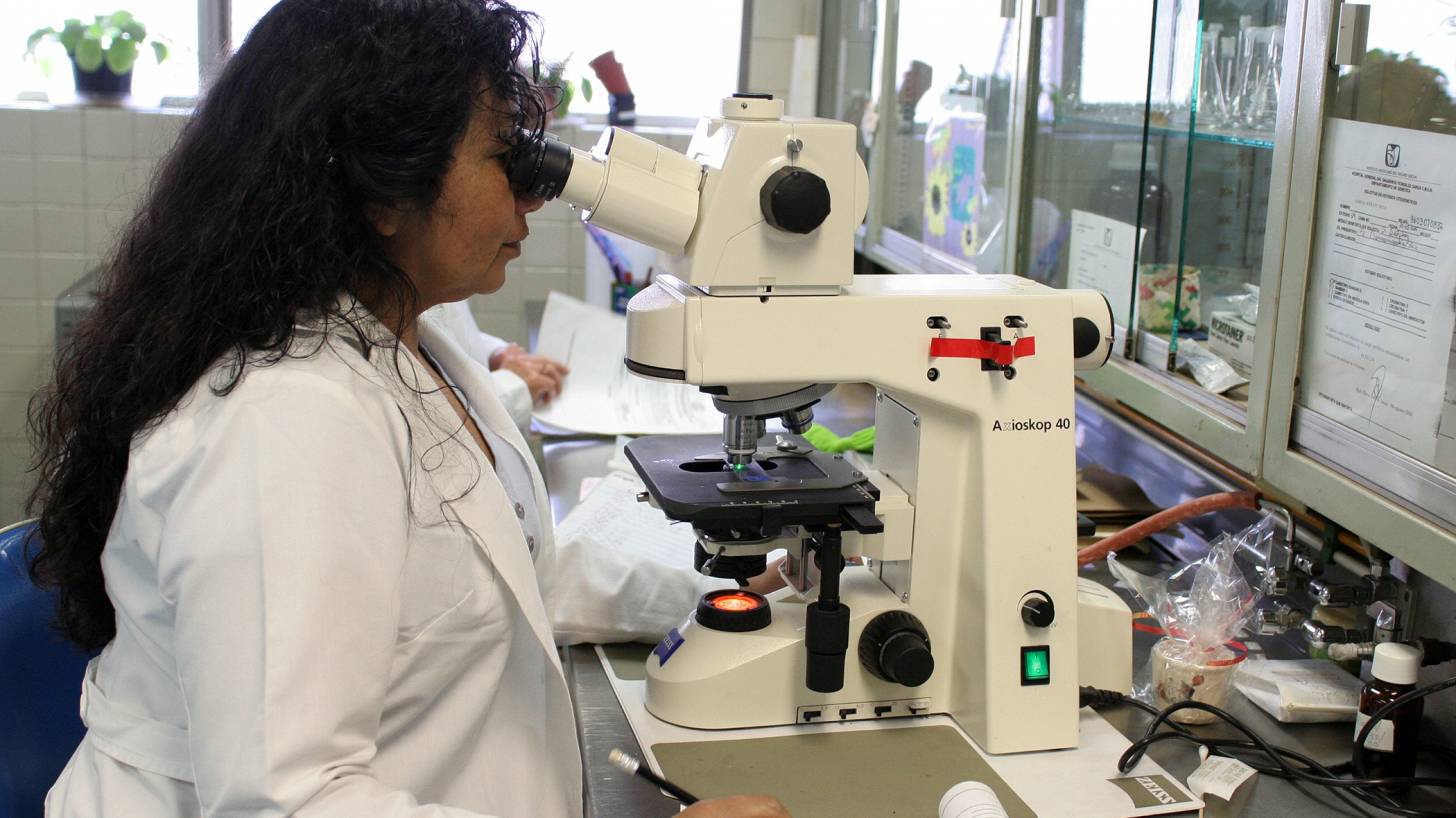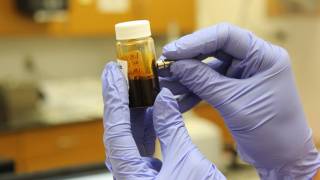DNA Vaccines Against Lassa Fever and MERS Receive Phase 2 Funding

Two organizations are teaming up to create DNA vaccines for the Lassa Fever and Middle East Respiratory Syndrome (MERS) on an accelerated basis.
The Coalition for Epidemic Preparedness Innovations (CEPI) announced a partnership with a vaccine manufacturer to develop vaccine candidates against Lassa fever and MERS.
CEPI will fund up to $56,000,000 to support pre-clinical and clinical advancement through Phase 2 of INO-4500 Lassa fever vaccine candidate, and INO-4700 MERS candidate vaccine.
This partnership represents an innovative approach to funding vaccine development, unlocking research and development potential so that vaccines are ready for efficacy studies during an outbreak.
**** Find a clinical trial in 60 seconds ****
Lassa fever is a disease endemic to West Africa. An ongoing outbreak in Nigeria has, according to figures from the Nigerian Centre for Disease Control, resulted in over 400 confirmed cases, and over 100 deaths from January 1, 2018, through April 8, 2018.
Lassa fever, also known as Lassa hemorrhagic fever, is transferred to humans from animals, most commonly by the Mastomys rodent. The virus can spread from person to person via bodily fluids and causes a range of symptoms.
MERS, first identified in 2012, causes a severe respiratory illness and has been associated with a number of outbreaks in Saudi Arabia and neighboring countries.
Middle East Respiratory Syndrome is caused by the MERS-Corona virus, part of the same family of viruses that causes the common cold and Severe Acute Respiratory Syndrome. It is transmitted from animals to humans and can be further transmitted by person to person contact.
Additionally, international travelers are expanding the reach of these diseases.
As an example, during 2015 an individual with MERS returned to South Korea from the Middle East. This resulted in an outbreak that resulted in 186 confirmed cases and 38 deaths. The outbreak affected 24 hospitals, led to the temporary closure of more than 2,000 schools, and had a significant impact on the South Korean economy.
Richard Hatchett, CEO of CEPI said: “Epidemics don’t respect borders; they destroy lives and devastate economies and we need to move swiftly to prepare for them.
CEPI’s funding will support development up to the end of Phase 2, providing clinical safety and immunological data, and the establishment of investigational stockpiles that will be ready for clinical efficacy trial testing during outbreaks.
Inovio will develop these DNA vaccines employing its ASPIRE™ (Antigen SPecific Immune REsponses) platform. This platform delivers optimized synthetic antigenic genes into cells, where they are translated into protein antigens that activate an individual's immune system to generate robust targeted T cell and antibody responses.
The CEPI partnership builds upon Inovio’s clinical and preclinical advancements for MERS and Lassa fever vaccines.
Results from a first-in-human Phase 1 study for its MERS vaccine found high levels of binding antibodies in 92% (57 of 62) of evaluated subjects. Significant antigen-specific cytotoxic T-lymphocyte (CTL) responses were also observed.
Importantly, all but one evaluated vaccinated subject or 98% (61 of 62) generated an antibody and/or T cell response against the MERS vaccine. Inovio’s Lassa vaccine data also holds much promise.
In a study funded by a $3.5 million grant from the National Institute of Allergy and Infectious Diseases (NIAID), Inovio previously published that its DNA vaccine against Lassa fever provided 100% protection for non-human primates challenged with a lethal dose of the virus.
Additional collaborators are the Wistar Institute, Laval University, the NIH’s Rocky Mountain Laboratories, U.S. Army Medical Research Institute of Infectious Diseases (USAMRIID), VGXI/GeneOne Life Science and the International Vaccine Institute.
CEPI is an innovative partnership between public, private, philanthropic and civil organizations founded in Davos in 2017. To date, CEPI has received multi-year funding from Norway, Germany, Japan the Bill & Melinda Gates Foundation and Wellcome. CEPI has also received single-year investments from the governments of, Australia, Belgium, and Canada. It has reached $630 million of its target $1 billion funding target. The European Commission has announced a contribution in kind of €250 million that will support relevant projects through EC mechanisms.
Inovio Pharmaceuticals, Inc. is the only immunotherapy company that has reported generating CD8+ T cells in vivo in a high quantity that are fully functional and whose killing capacity correlates with relevant clinical outcomes with a favorable safety profile.
Our Trust Standards: Medical Advisory Committee













